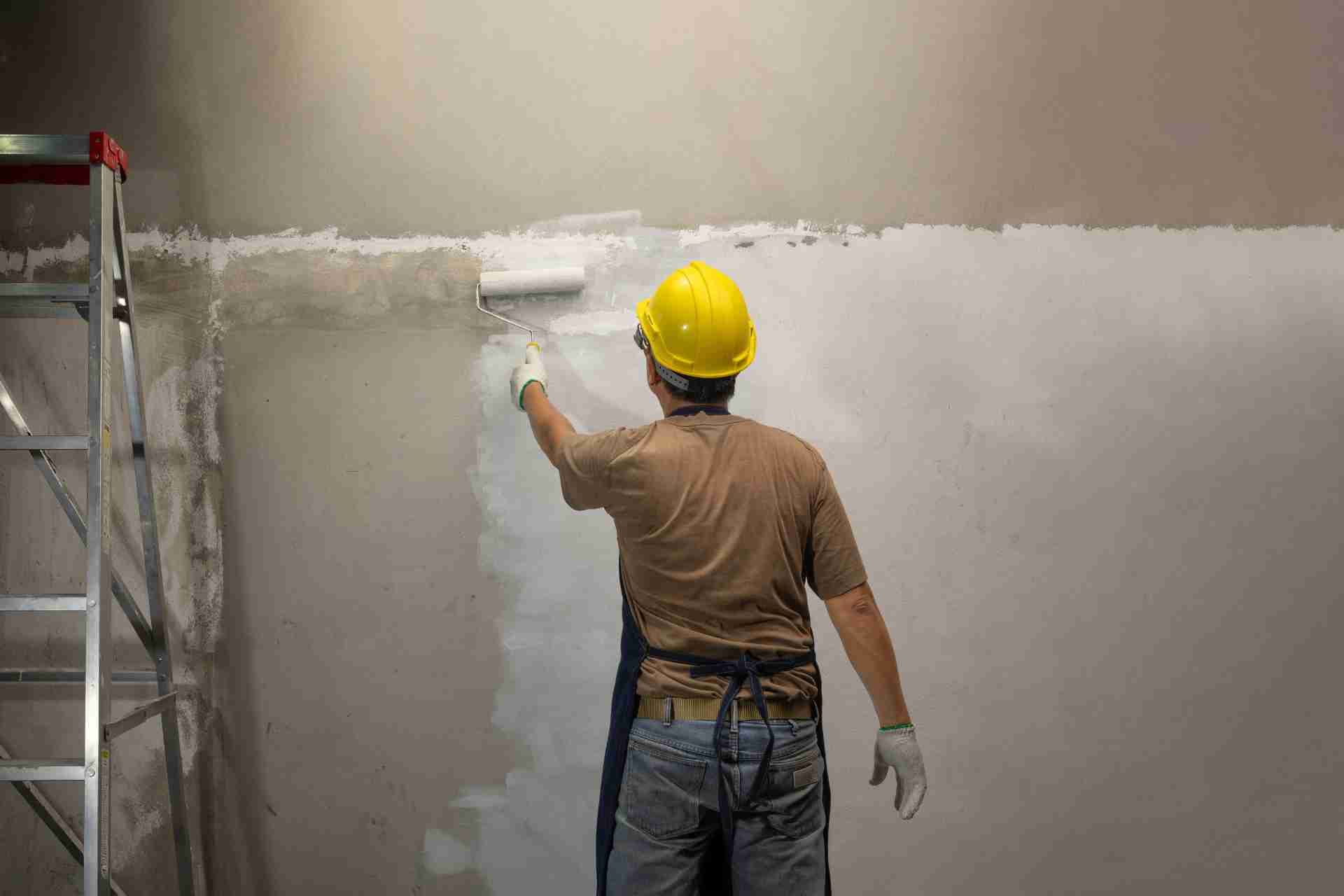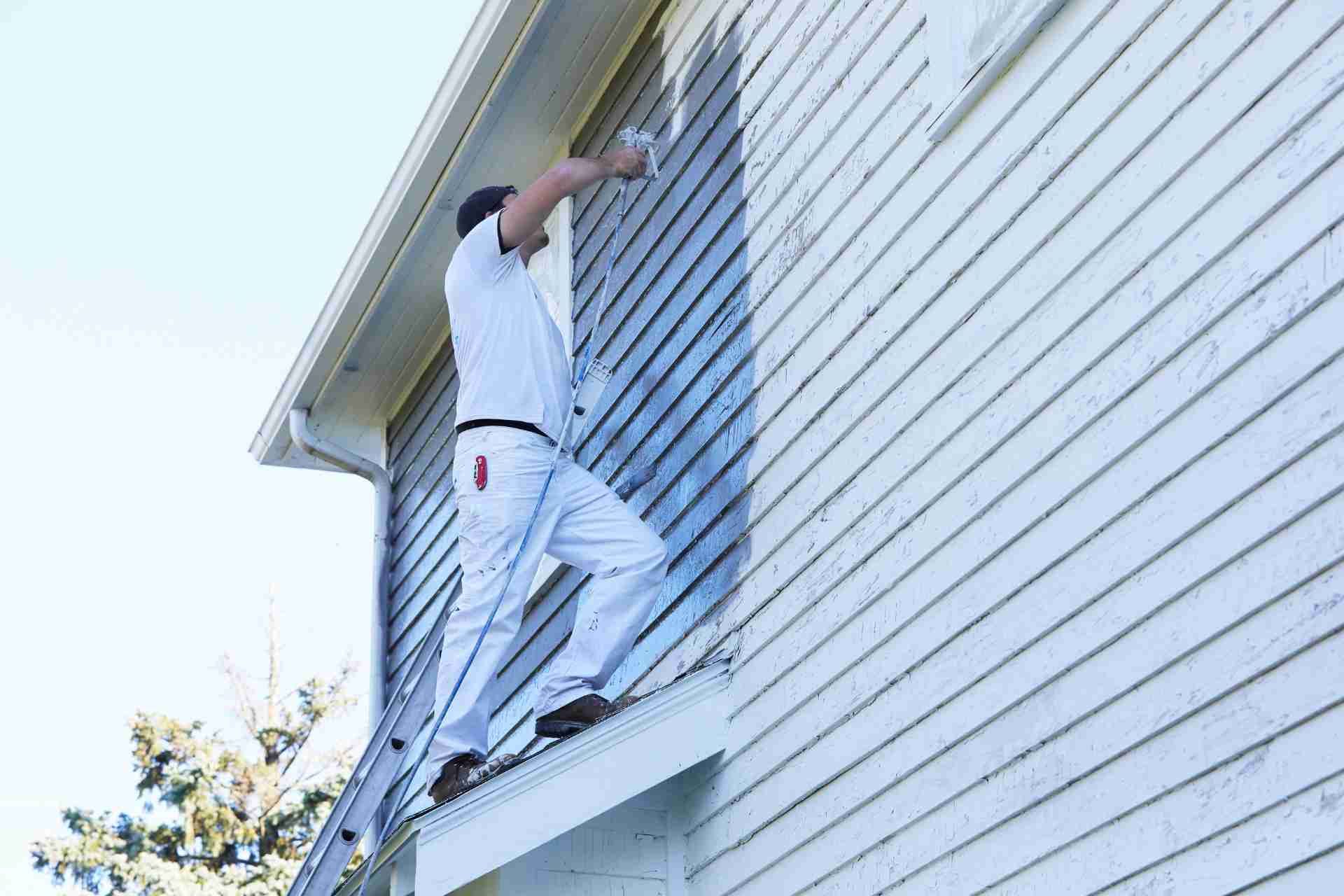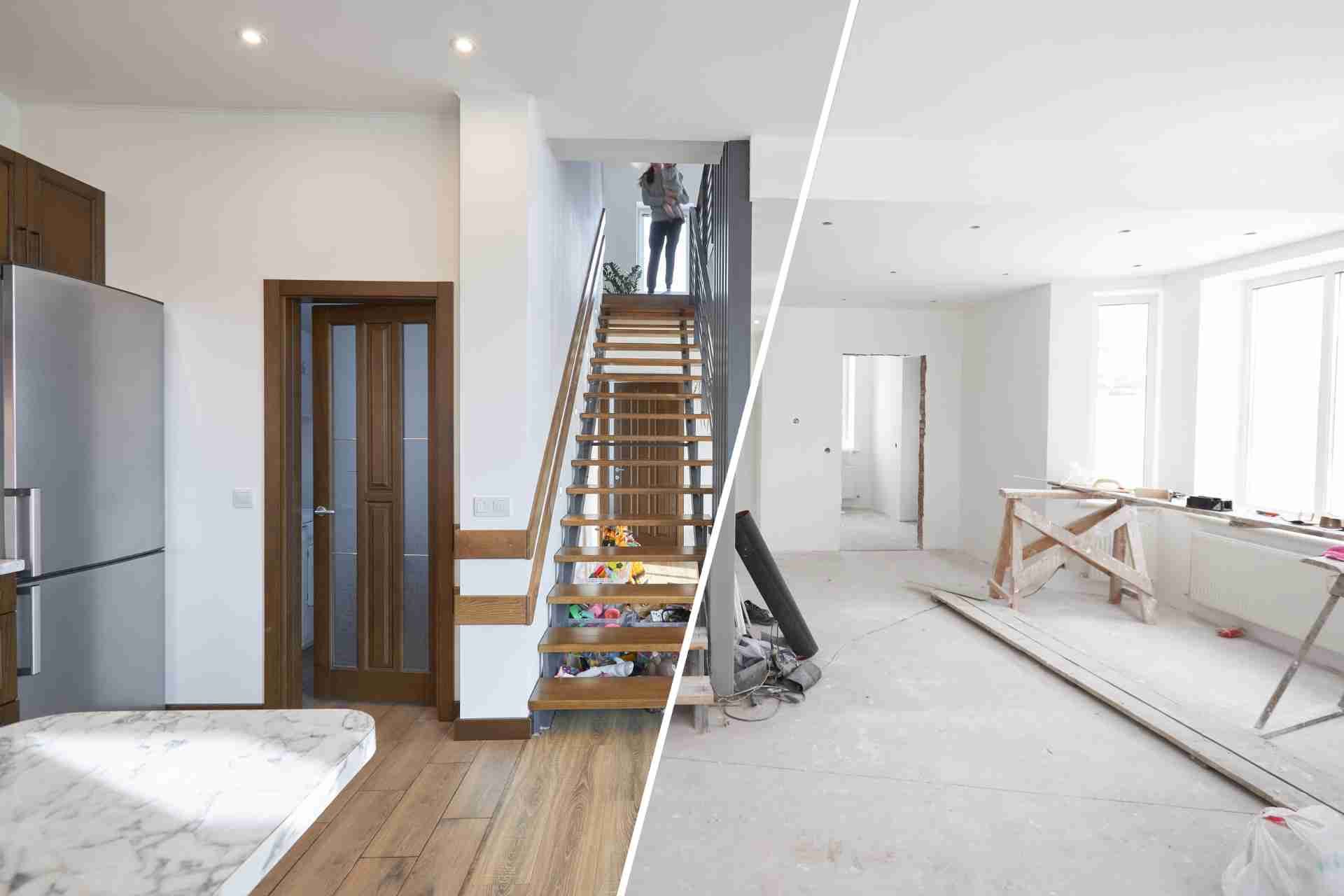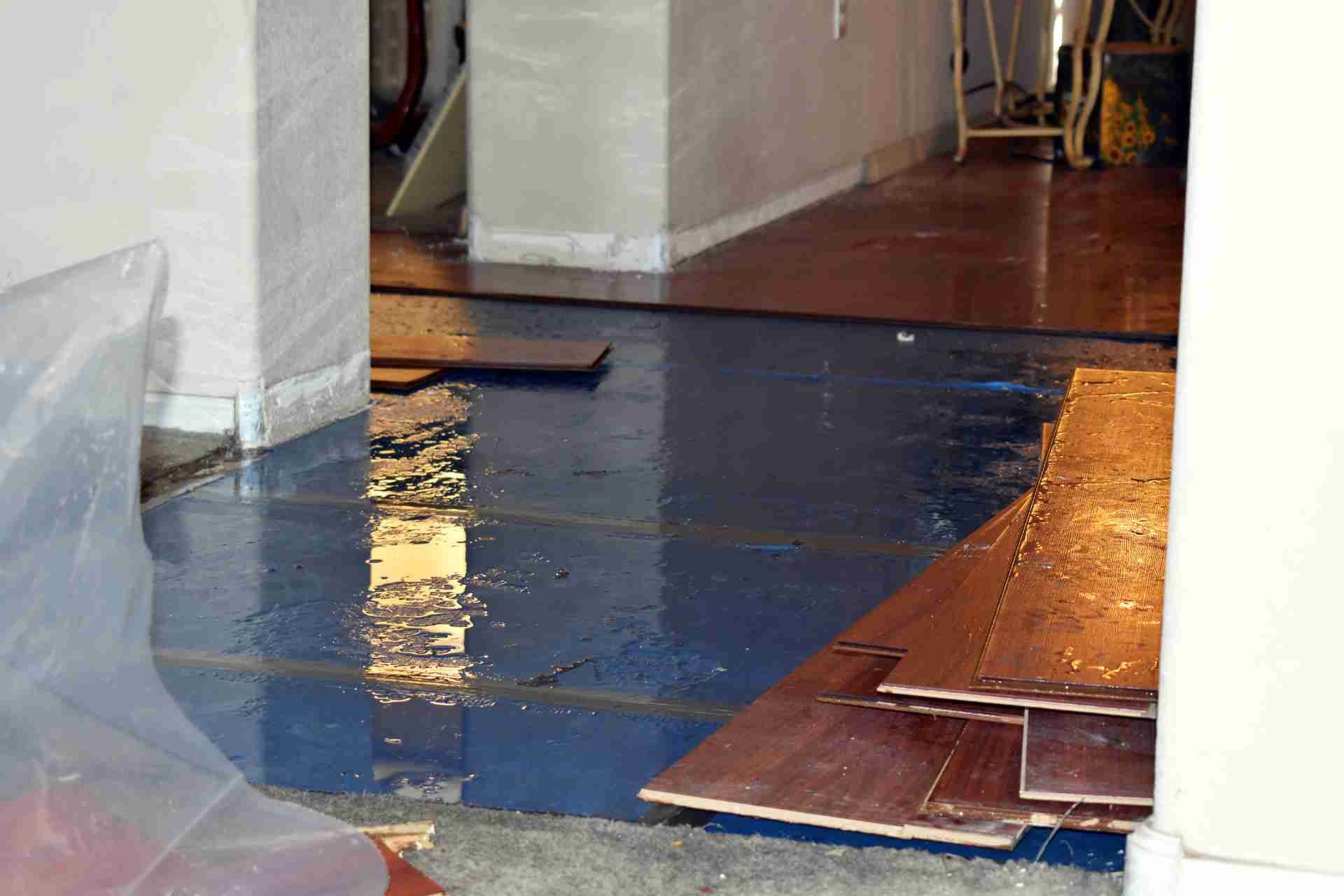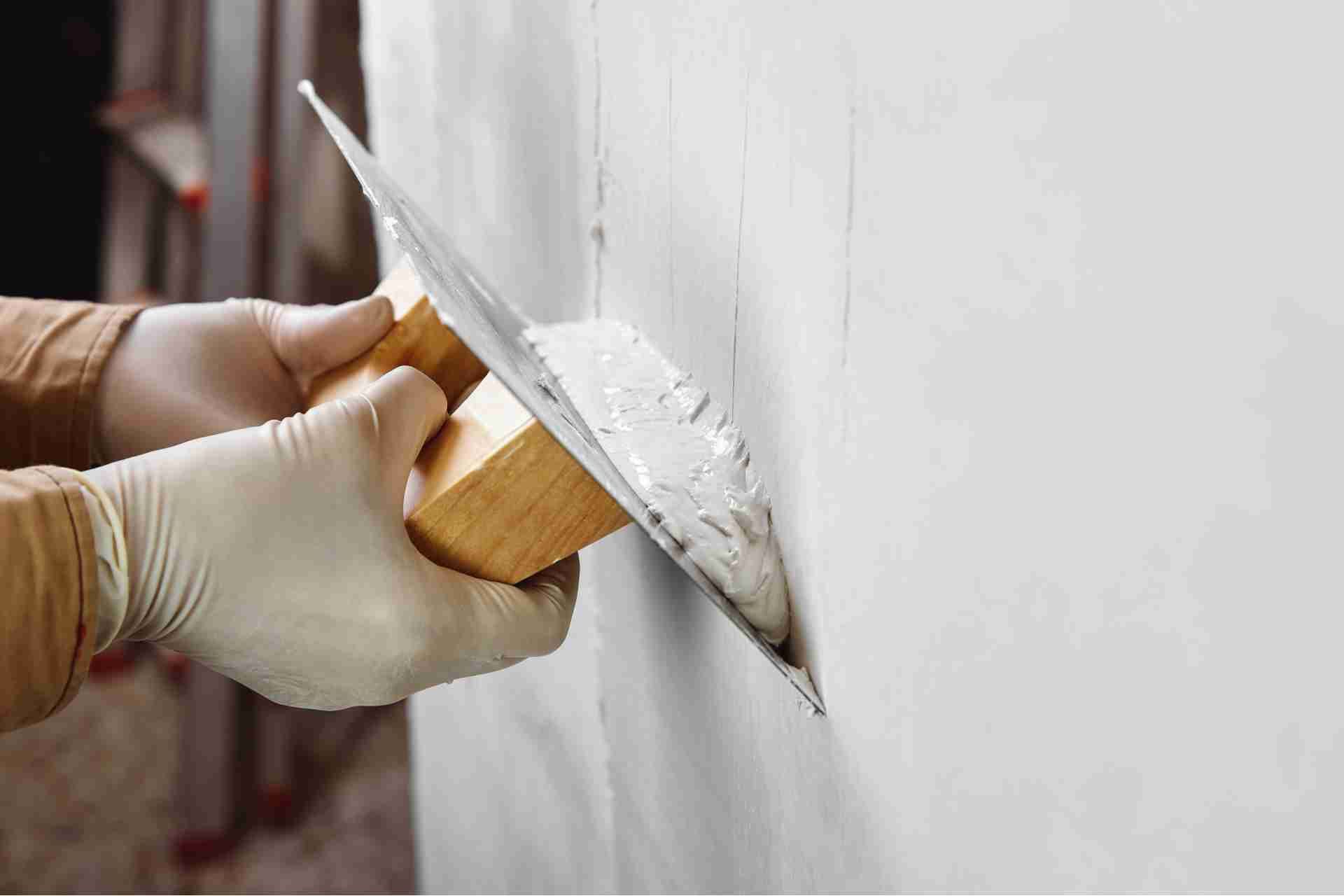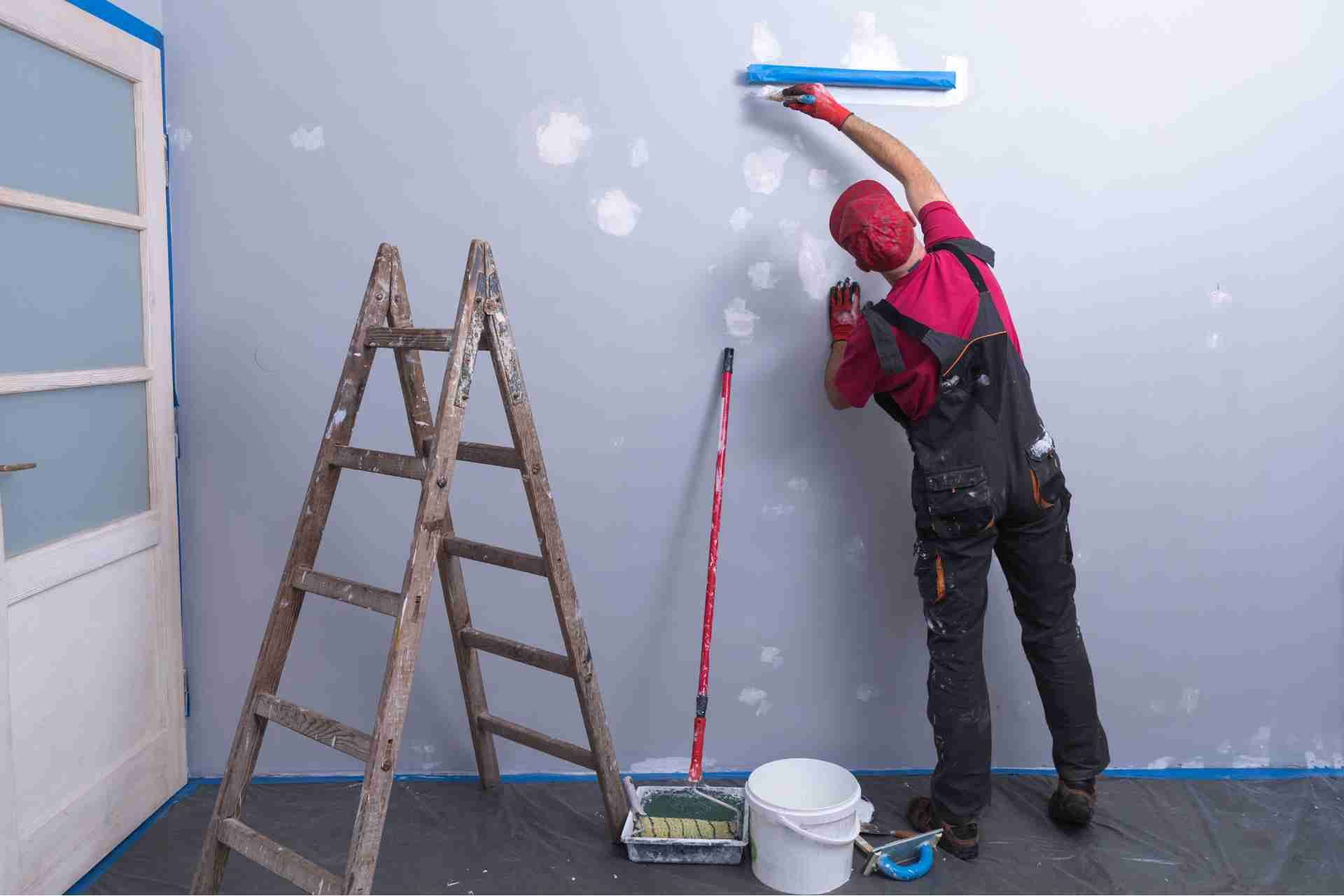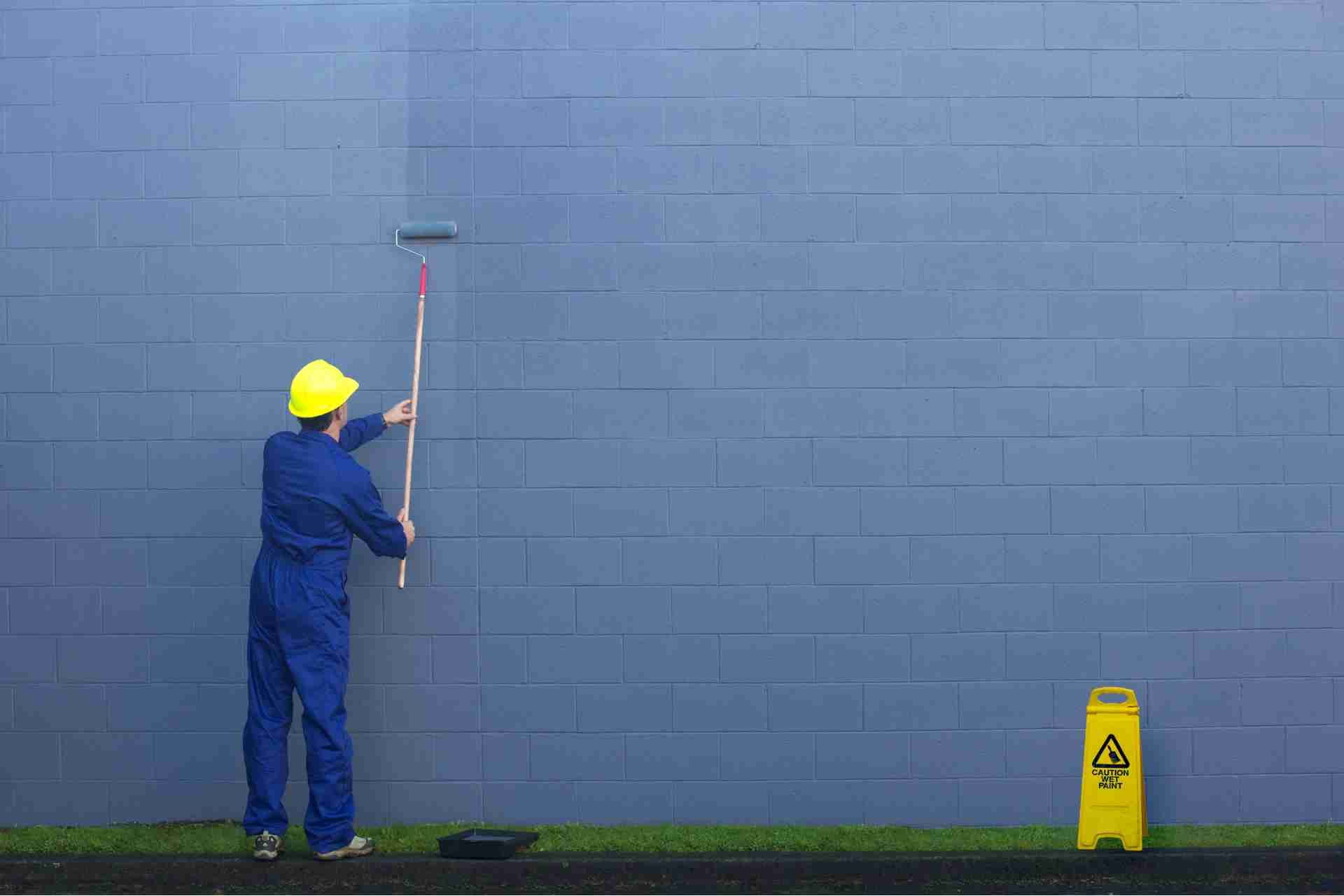The Cost of Painting a House: What Factors Matter Most?
When it comes to painting your house, several factors play a crucial role in determining the overall cost. You might think size is the only consideration, but quality of materials, labor rates, and even your location can significantly impact your budget. Plus, don't forget about preparation and any additional services you may need. Understanding these elements can help you plan better and avoid unexpected surprises. What's the best way to approach these considerations?
Size of the Home
When considering the cost of painting a house, the size of the home plays a crucial role. Larger homes require more paint, which directly impacts your overall budget.
Think about how many square feet need covering; the bigger the area, the higher the labor costs will be as well. If your home has multiple stories or intricate architectural features, it'll take more time and effort, adding to the expense.
You'll also want to factor in the number of rooms and exterior surfaces, as each will need attention. By estimating the size accurately, you can get a better grasp on the potential costs and avoid any surprises down the line.
Planning ahead helps you stay within budget while achieving the look you want.
Quality of Materials
While you may be tempted to choose the cheapest paint available, the quality of materials you select can significantly affect the longevity and appearance of your home's paint job.
High-quality paints often contain better pigments and binders, providing richer colors and enhanced durability. You'll notice that premium paints resist fading, peeling, and mildew, saving you money in the long run by reducing the need for frequent repainting.
Additionally, consider the type of primer and finishing products you use, as they play crucial roles in the overall outcome.
Investing in quality materials not only enhances your home's curb appeal but also protects it from the elements.
Ultimately, prioritizing quality can lead to a more satisfying and lasting result for your painting project.
Labor Costs
Labor costs can significantly impact your overall budget for painting a house, especially if you're hiring professionals. When you pay for labor, you're not just covering the painters' time; you're also investing in their skills and experience.
Experienced painters tend to work faster and deliver higher-quality results, which can save you money in the long run. You'll want to get multiple quotes to compare rates, but remember that the cheapest option isn't always the best.
Consider the crew size as well; a larger team can finish the job quicker, reducing labor hours. Lastly, don't forget to factor in any potential additional costs, like preparation work or clean-up, which can also affect your total labor expenses.
Geographical Location
Geographical location plays a crucial role in determining the cost of painting a house, as prices can vary widely based on local market conditions.
If you live in a densely populated urban area, you'll likely face higher labor and material costs compared to rural settings. Regions with extreme weather conditions may require more durable and specialized paints, driving up expenses.
Additionally, local competition among painting contractors can influence pricing; areas with many options might offer lower rates. Taxes and regulations can also differ by location, affecting your overall cost.
Preparation and Additional Services
Before diving into the painting process, proper preparation is essential to ensure a smooth and long-lasting finish.
You'll need to clean surfaces, remove old paint, and patch any holes or cracks. This step not only enhances the final look but also helps the paint adhere better. Additionally, consider priming surfaces, especially if you're switching colors or painting over a darker shade.
Don't forget about additional services that can impact the overall cost.
Services like power washing, caulking, or even minor repairs can add to your expenses but are often worth it for a professional result. Take the time to discuss these options with your contractor to get a clear picture of what your project entails and ensure everything's covered.
Conclusion
When planning to paint your house, consider all the factors we've discussed. The size and complexity of your home, the quality of materials you choose, and local labor costs can greatly influence your budget. Don't forget about preparation and any additional services you might need. By understanding these elements, you can make smarter decisions and ensure you get the best value for your investment, achieving a beautiful finish that lasts. Happy painting!

